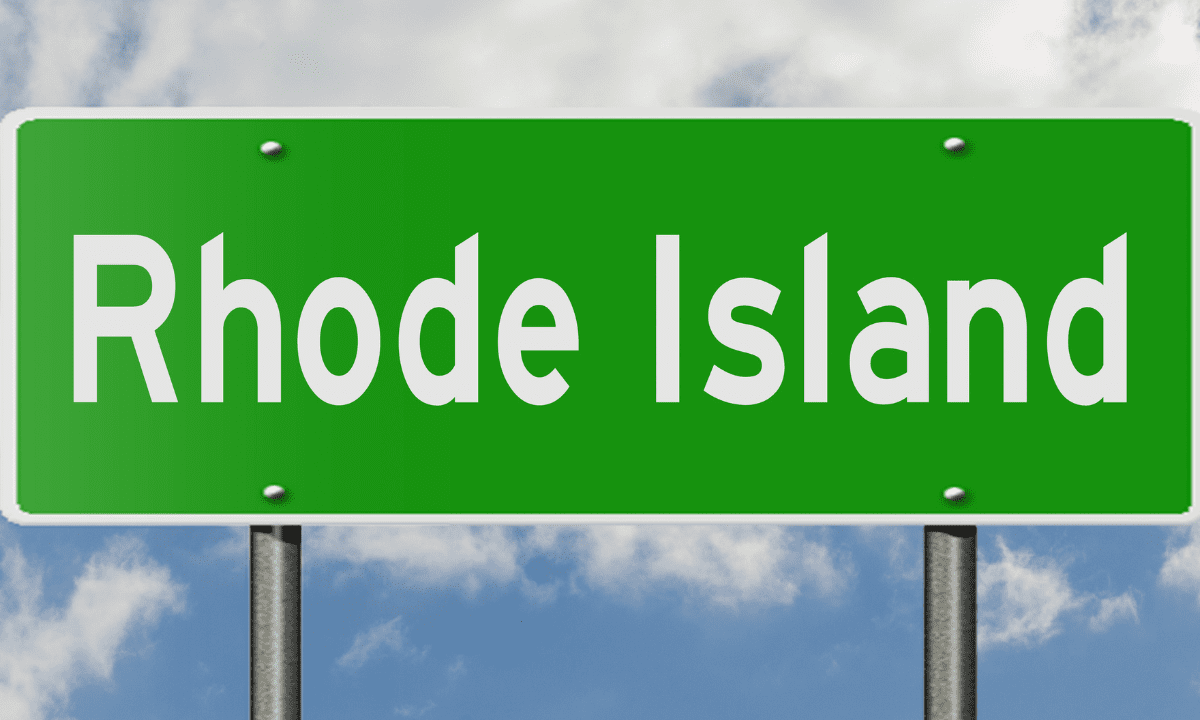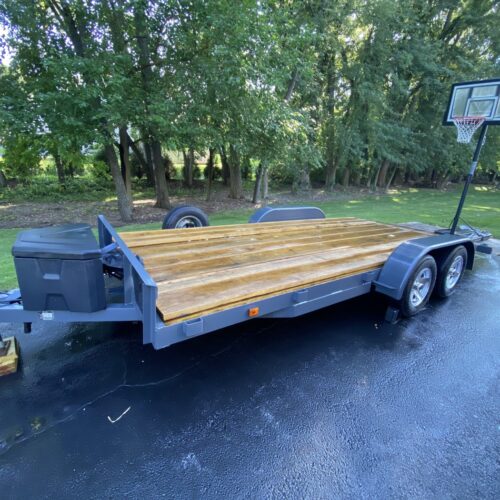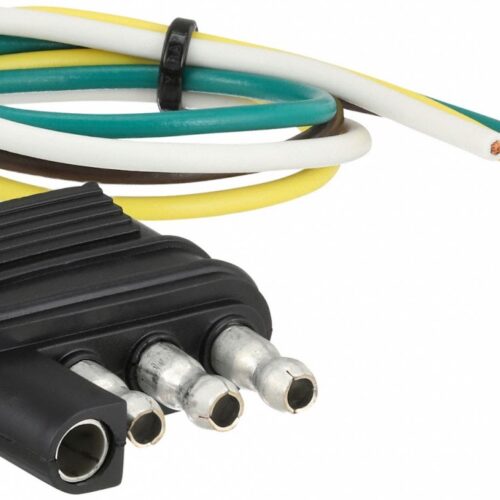If you’re planning to tow a trailer in Rhode Island, it’s important to familiarize yourself with the state’s specific towing laws to ensure you’re compliant and safe on the road. Whether you’re hauling for personal or business purposes, these regulations are designed to promote road safety. Here’s what you need to know about trailer towing laws in the Ocean State.

1. Trailer Registration
In Rhode Island, all trailers must be registered with the Rhode Island Division of Motor Vehicles (DMV). Furthermore, the registration must be renewed annually. Make sure your trailer has a current registration, which must include the trailer’s weight and any required fees based on its size and type.
2. Trailer Lights and Reflectors
Rhode Island law requires trailers to be equipped with proper lighting. This includes:
- Taillights: Trailers must have functional taillights visible from 500 feet.
- Brake lights: Your trailer must have brake lights that activate when the vehicle brakes are applied.
- Turn signals: Just like your vehicle, the trailer needs operational turn signals.
- Reflectors: Reflectors must be placed on the sides and rear of the trailer to improve visibility at night or in low-light conditions.
3. Safety Chains
If you’re towing a trailer, Rhode Island requires you to use safety chains in addition to the standard hitch. The chains serve as a backup in case the hitch fails, preventing the trailer from detaching completely from the towing vehicle. It’s important that the chains are properly crossed under the trailer tongue to catch it in case of detachment.
4. Braking Requirements
Rhode Island enforces specific braking requirements based on a trailer’s weight. If your trailer exceeds 4,000 pounds, you must equip it with an independent braking system. This system needs to synchronize with the towing vehicle’s brakes to ensure safe and controlled stops.
5. Towing Speed Limits
Rhode Island doesn’t have a separate speed limit for vehicles towing trailers. However, it is always recommended to drive slower when towing a heavy load to maintain control and avoid sway. Always follow posted speed limits, and if you are towing on highways, be aware that weather conditions, road incline, and traffic can affect your handling while towing.
6. Maximum Trailer Length, Width, and Height
Rhode Island has specific regulations about trailer size:
- Maximum Length: The combined length of your vehicle and trailer should not exceed 65 feet.
- Maximum Width: The maximum width for trailers is 102 inches.
- Maximum Height: The maximum height for trailers is 13 feet 6 inches.
If your trailer exceeds these dimensions, you may need to apply for a special permit.
7. Weight Restrictions
Rhode Island follows the Federal Bridge Formula for weight restrictions, which regulates the gross vehicle weight allowed on different axle configurations. Additionally, ensure that your towing vehicle and trailer do not exceed these weight limits. Overloading can lead to fines and increased risk of accidents.
8. Trailer Hitch Requirements
Your towing hitch must be strong enough to support the weight of your trailer. Make sure to use the appropriate class of hitch for the size and weight of your trailer. Additionally, hitches must be properly secured and inspected regularly to avoid any failures during your trip.
9. Mirrors
When towing a trailer in Rhode Island, your towing vehicle must be equipped with side mirrors that provide a clear view of the highway for at least 200 feet to the rear. This helps ensure that drivers have adequate visibility of the traffic behind them, especially since trailers can obstruct the view from the rearview mirror.
10. Double Towing
Double towing (towing more than one trailer) is generally prohibited in Rhode Island. If you need to tow multiple trailers, you’ll need to obtain a special permit from the Rhode Island DMV, and even then, restrictions apply regarding length, weight, and braking.
11. Breakaway Switch
Rhode Island law requires trailers over 3,000 pounds to be equipped with a breakaway switch. Moreover, this device automatically activates the trailer brakes if the trailer becomes disconnected from the tow vehicle.
12. Insurance Requirements
Ensure that your vehicle’s insurance covers towing a trailer. While Rhode Island law does not require separate trailer insurance, it’s wise to consult with your insurance provider to confirm you’re covered in the event of an accident. This can help ensure both your trailer and its contents are protected, as well as any potential liabilities you might face during towing.
Conclusion
Understanding and complying with Rhode Island’s trailer towing laws helps you avoid fines and ensures road safety. Whether you’re towing for work, recreation, or transporting equipment, it’s essential to have a properly equipped trailer, a capable towing vehicle, and to operate within the state’s legal requirements. By following these regulations, you can ensure a smooth, safe towing experience throughout Rhode Island.
Stay safe and happy towing!




